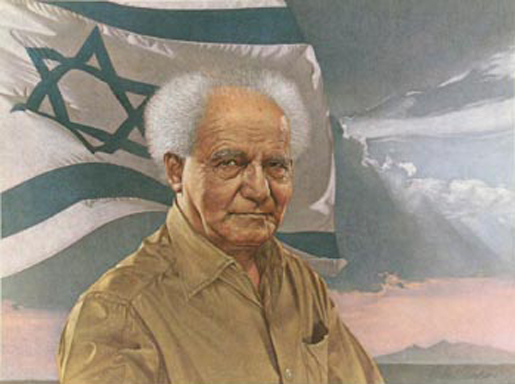In 1970, during my first months in Israel, I lived with two fellows who were learning at HUC, the Hebrew Union College.
They very much wanted to live in Israel.
Yet they and their fellow Reform rabbinic students were concerned about their status in the Jewish state.
A prominent Reform rabbi, Ezra Spicehandler, arranged for HUC students to meet and express their concerns to David Ben Gurion, the first Israeli prime minister, by then an elder statesman, having just retired from the Knesset.
After hearing the concerns of the HUC students, Ben Gurion responded with a message of reality.
BG answered their concerns that if American Reform rabbis want recognition, they should bring 300,000 Reform Jews.
Ben Gurion’s response envisioned the dilemma that non-Othodox Jews cope with in Israel today.
An estimated 20,000 Jews are active in 64 Reform, Conservative and Reconstuctionist synagogues around Israel, as compared with 1970, when you could count the amount of non-Orthodox synagogues on your fingertips.
Yet these numbers do not compare in numbers to the estimated two million Orthodox Jews in Israel — of all stripes — who hold at least 40 seats in the current Israeli Knesset, both in religious parties and in parties that do not define themselves as religious.
Today, when an Israeli prime minister considers vital decisions, a constituency of two million outweighs a community of 20,000, regardless of how many supporters reside in the Diaspora.
Had Reform Jews brought 300,000 Jews in 1970, their sheer numbers would have catapulted them into a position where they could have shaken the balance of Jewish religious power today.
Decisions are made by leaders who live in the Jewish state, not by those who support Israel from afar.
Ben Gurion’s observations were prophetic.
http://blogs.timesofisrael.com/ben-gurion-feedback-to-the-reform-movement-47-years-ago-was-prophetic/









